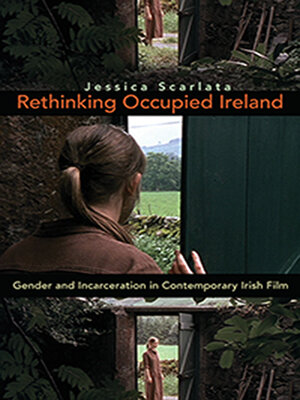Rethinking Occupied Ireland
ebook ∣ Gender and Incarceration in Contemporary Irish Film · Irish Studies
By Jessica Scarlata

Sign up to save your library
With an OverDrive account, you can save your favorite libraries for at-a-glance information about availability. Find out more about OverDrive accounts.
Find this title in Libby, the library reading app by OverDrive.



Search for a digital library with this title
Title found at these libraries:
| Library Name | Distance |
|---|---|
| Loading... |
Imprisonment is a central trope of Irish nationalism, often deployed to portray the injustice of an Ireland occupied by foreign rule. Irish nationalism celebrates people jailed for resistance to British forces. While such a celebratory history resists colonialist images of Irish brutality, it also generates nationalist amnesia and nostalgia. Rethinking Occupied Ireland takes this history as its point of departure, arguing that the potent visual language generated to represent national heroes facilitates a narrow conceptualization of "occupation" and "resistance." Irish cinema has long offered a double critique—against both colonialist and nationalist historiography. Through a study of incarceration in film, Scarlata critiques state-of-emergency discourses and reveals the global relevance of Irish history to questions of terrorism, security, and sexual and gender transgression in an ever-lengthening list of crimes against the nation.
The films included in this book, ranging from 1980 to 2010, explore Irish history from the perspective of those marginalized within or ejected from Irish and British national narratives, providing an ideal occasion to interrogate the legacy of colonialism and post/anticolonial nationalism. Examining Ireland's past in relation to its present, these films become a mode of postcolonial historiography, and, Scarlata argues, they are an important component in the reevaluation of what constitutes political cinema and political resistance.







